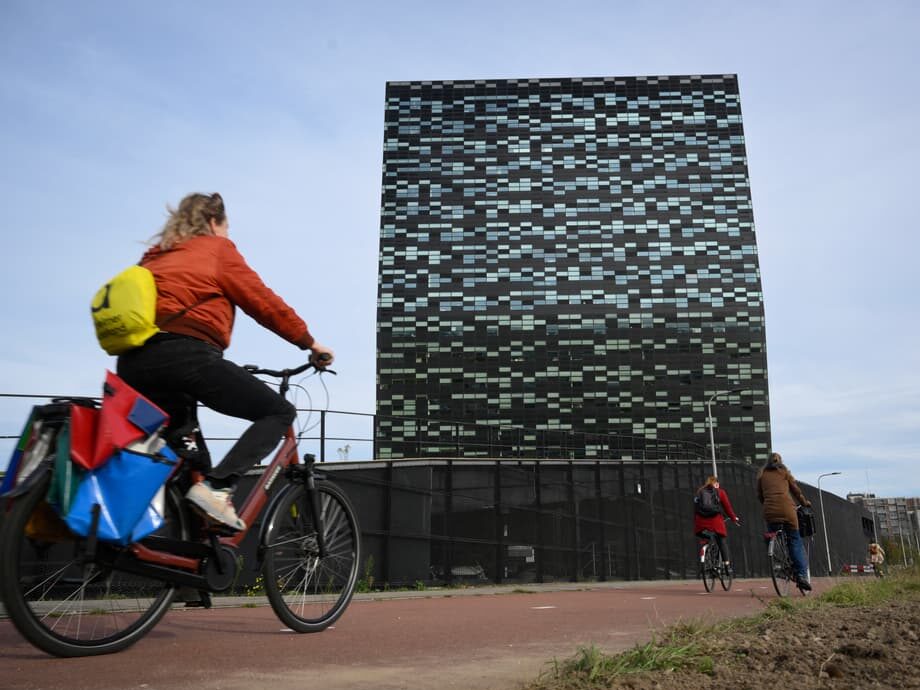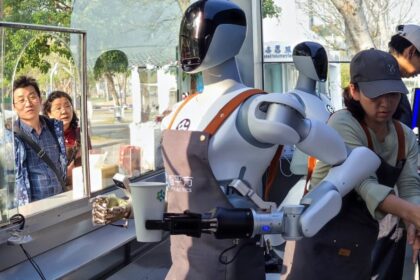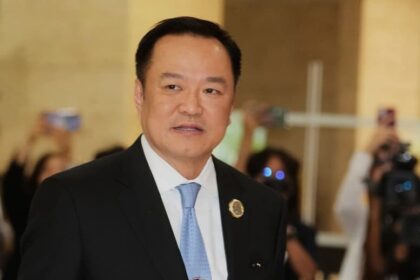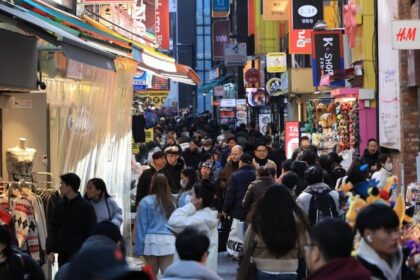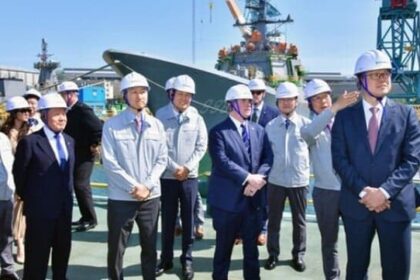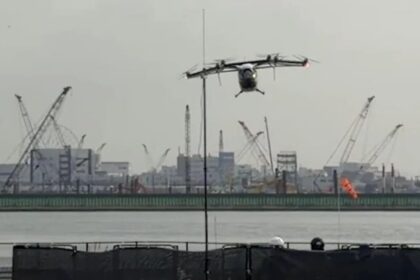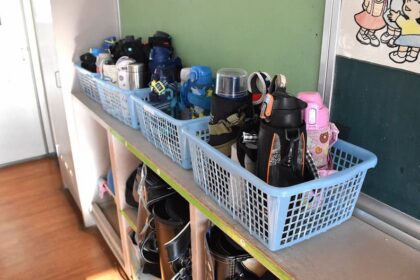Why the Dutch move matters for cars and chips
The Dutch government has paused its intervention at Nexperia, the Chinese-owned chipmaker that became the center of a six week standoff between the Netherlands and China. The decision eases a supply scare that rippled through global carmakers in recent weeks. Dutch Economic Affairs Minister Vincent Karremans said the order granting him supervisory control over Nexperia is suspended as a gesture of goodwill to Beijing. The move follows talks in Beijing and the resumption of most chip exports from China, where Nexperia packages and finishes many of its products.
The standoff began when The Hague invoked emergency powers on 30 September to prevent what it said was a potential loss of strategic technology and assets from Nexperia facilities in the Netherlands and Germany. China retaliated in early October by blocking exports of the company’s finished chips from Chinese sites. That action strained supply chains and forced production pauses in North America and warnings from European manufacturers that they were days from stoppages.
With China now allowing exports of many Nexperia products, automakers including Volkswagen and Honda report that deliveries are flowing again to factories in Germany and Mexico. The situation remains fragile. The Netherlands kept the legal option to restore state oversight if it sees renewed risks to production or intellectual property. European carmakers, through their industry body, continue to press for a reliable contingency plan to keep parts moving in both directions.
How the dispute started
On 30 September, the Dutch cabinet used powers under the Goods Availability Act to take effective supervisory control of Nexperia. The measure allowed the minister to block corporate decisions if they threatened the supply of chips in Europe. The government said its intelligence indicated a threat to the continuity in the Netherlands and on European soil of crucial technological knowledge and capabilities. The goal, ministers argued, was to prevent the transfer of key technology or physical assets from Nexperia’s sites in Nijmegen and Hamburg in a crisis.
Nexperia is headquartered in Nijmegen and is owned by China’s Wingtech Technology. The Dutch step came amid deepening scrutiny of Wingtech’s governance and security posture after its placement on a United States trade restriction list last year. In October, the Enterprise Chamber of the Amsterdam Court of Appeal removed Nexperia’s then chief executive, Zhang Xuezheng, in a related case over alleged mismanagement. Wingtech disputes those allegations and is contesting the legal action.
A rarely used Dutch law
The Goods Availability Act is a Cold War era statute designed to protect production of critical goods during emergencies or war. It gives the government temporary powers to direct companies and block specific decisions to safeguard national and European supply security. The law had not been invoked in recent memory for a technology company at this scale, which explains the intensity of the diplomatic reaction that followed.
China’s response and the shock to supply chains
In early October, China moved to block exports of Nexperia’s finished chips from Chinese facilities. While many of the company’s wafers are made in Europe, the final assembly, packaging, and testing of a large share of its products takes place in China. The halt created a bottleneck that quickly hit the auto sector, where Nexperia parts are embedded across thousands of vehicle platforms. Production pauses surfaced in Mexico, and several European manufacturers warned of imminent line stoppages.
A spokesperson for Bosch, a major supplier to the car industry, described efforts to keep plants running during the dispute. The company emphasized that it was working across its network to limit disruptions.
We are currently doing everything we can to serve our customers and avoid or minimise production restrictions.
Automakers and suppliers urged a political fix and a contingency plan to keep parts moving. Jonathan O’Riordan, international trade director at the European carmakers association ACEA, reiterated the industry’s need for predictability.
For us the situation remains critical and we need a workable contingency agreement to ensure supply in both directions.
Talks reset the flow of parts
After a series of meetings between Dutch and Chinese officials, Beijing began granting permissions that allowed Nexperia shipments to resume on 9 November. Volkswagen and Honda reported that parts were again arriving at plants in Germany and Mexico. With exports flowing, Minister Karremans suspended the Dutch control order and framed it as a constructive step while talks continue.
Karremans said the government welcomed signs from China that chip supplies would be maintained. He added that the Netherlands will keep engaging directly with Chinese authorities.
We are positive about the measures already taken by the Chinese authorities to ensure the supply of chips to Europe and the rest of the world.
China’s Ministry of Commerce characterized the Dutch move as a positive gesture, while urging a full resolution of the legal proceedings that still hang over the company.
It is a first step in the right direction toward a proper resolution.
What Nexperia makes and why replacement takes time
Nexperia is a major supplier of discrete semiconductors and power management components. These include diodes, transistors, voltage regulators, power MOSFETs, and logic devices. They are the unsung workhorses inside cars and consumer electronics, controlling functions such as power distribution, motor control, lighting, safety sensors, and the many actuators that make modern vehicles function. Industry analysts estimate that Nexperia supplies a large share of the global market for these basic automotive chips. In certain segments, research firms place its global share at roughly 40 percent.
Switching to another vendor is not as simple as buying a comparable part. Automakers and tier one suppliers must qualify chips for each vehicle platform. That process can involve months of testing to meet safety and reliability standards. Even when alternative suppliers exist, such as Infineon, NXP, or Texas Instruments, shifting volumes at short notice risks fresh bottlenecks if those suppliers are already running at capacity. This is why a temporary export freeze in one part of the chain can ripple into production delays across continents.
Nexperia’s manufacturing flow sheds light on the vulnerability. Wafer fabrication for many parts occurs in Europe and Asia, but assembly, packaging, and testing for a large portion of its portfolio takes place in China. During the dispute, Nexperia entities in the Netherlands said there were sufficient wafers for months, yet finished chips could not ship while export permissions were blocked. The resumed export approvals removed that choke point, allowing stocks to move to car factories again.
Legal fight continues around governance
Even as the Dutch government steps back from supervisory control, a separate legal case continues at the Enterprise Chamber. The court removed Nexperia’s previous chief executive in October after allegations of mismanagement and the risk of asset transfers that could harm European supply security. Wingtech, Nexperia’s Chinese parent, has urged The Hague to withdraw its support for the case rather than merely suspend the government’s order. The company says there is no evidence to support claims made against its leadership.
Wingtech voiced its position in a statement responding to the Dutch actions, arguing that accusations against its executive team were unproven.
To date, no proof has been provided.
The Dutch suspension is not a full reversal. The government has retained the right to reinstate controls if it sees a new risk to production or intellectual property. A duty to inform the minister about the transfer of production resources or knowledge also remains in effect. That combination is designed to keep pressure on corporate governance while diplomacy proceeds.
Europe’s broader strategy and lessons
The episode has underscored how basic chips can be as strategic as advanced processors. The European Union has been working to strengthen its semiconductor base through the EU Chips Act, which aims to boost production capacity by 2030 and reduce exposure to single points of failure. European trade officials welcomed the Dutch decision to stand down for now, saying it will help stabilize strategic supply chains while work continues on long term resilience.
The car industry is asking for formal contingency arrangements that would protect two way flows of parts during disputes. That could include priority licensing, buffer inventories, and structured communication channels between authorities and companies. Carmakers can qualify a second source for key parts, and several alternatives exist, but requalification takes time and money. Building redundancy into designs and contracts tends to pay off only when a shock hits, which is why these measures are often underused during calm periods.
Key Points
- The Netherlands suspended its order granting supervisory control over Nexperia after talks with Chinese authorities.
- China lifted a block on exports of Nexperia chips on 9 November, easing a supply crunch that rattled automakers.
- Volkswagen and Honda report that Nexperia deliveries have resumed to plants in Germany and Mexico.
- ACEA said the situation remains critical and urged a workable contingency plan to secure two way supply.
- The Dutch government retains the right to restore oversight if production or intellectual property face new risks.
- A Dutch court removed Nexperia’s former chief executive in October in a related governance case that Wingtech is contesting.
- Wingtech is on a United States trade restriction list, adding pressure around Nexperia’s operations and governance.
- Nexperia supplies a large share of basic automotive chips, which are hard to substitute quickly due to qualification rules.
- The EU welcomed de escalation and is pushing broader efforts to reduce supply chain vulnerabilities.
- The dispute highlighted the dependence on Chinese packaging and test for chips that are essential to vehicle production.


